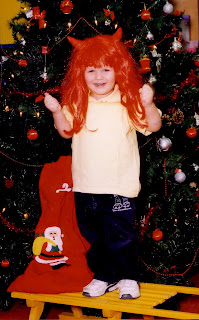Listen to the song and write the appropriate form of the word in brackets. Good luck = Srećno!
Vuče, vuče, bubo lenja
Neko pliva u ____________ (Sava - one of the longest rivers in Serbia)
Neko živi u ____________ (Ruma - name of a city in Vojvodina)
Neko raste u ____________ (trava - grass)
A vuk živi u ____________ (šuma - forest)
U __________ (škola - school) ga ne vide
__________ (nemati - doesn't have) ni maturu
U muzeje ne _________ (ići - go)
Prezire kulturu
Vuuuče vuučue bubo leenjaa
Štaa će reeći pokoleenjaa
Vodio si život buuuraan
Pa ostao nekultuuuuraaaan
Usta su _________ (his) snažna
Duša _________(his) je drumska
Obećanja lažna
A ćud ________(his) je šumska
Kad _________ (is) srećan leži
Kad _________ (is) ljut on reži
Ka zverstvima teži
_______ (when) ga vidiš beži
Vuuuče vuučue bubo leenjaa
Štaa će reeći pokoleenjaa
Vodio si život buuuraan
Pa ostao nekultuuuuraaaan!

.png)

















